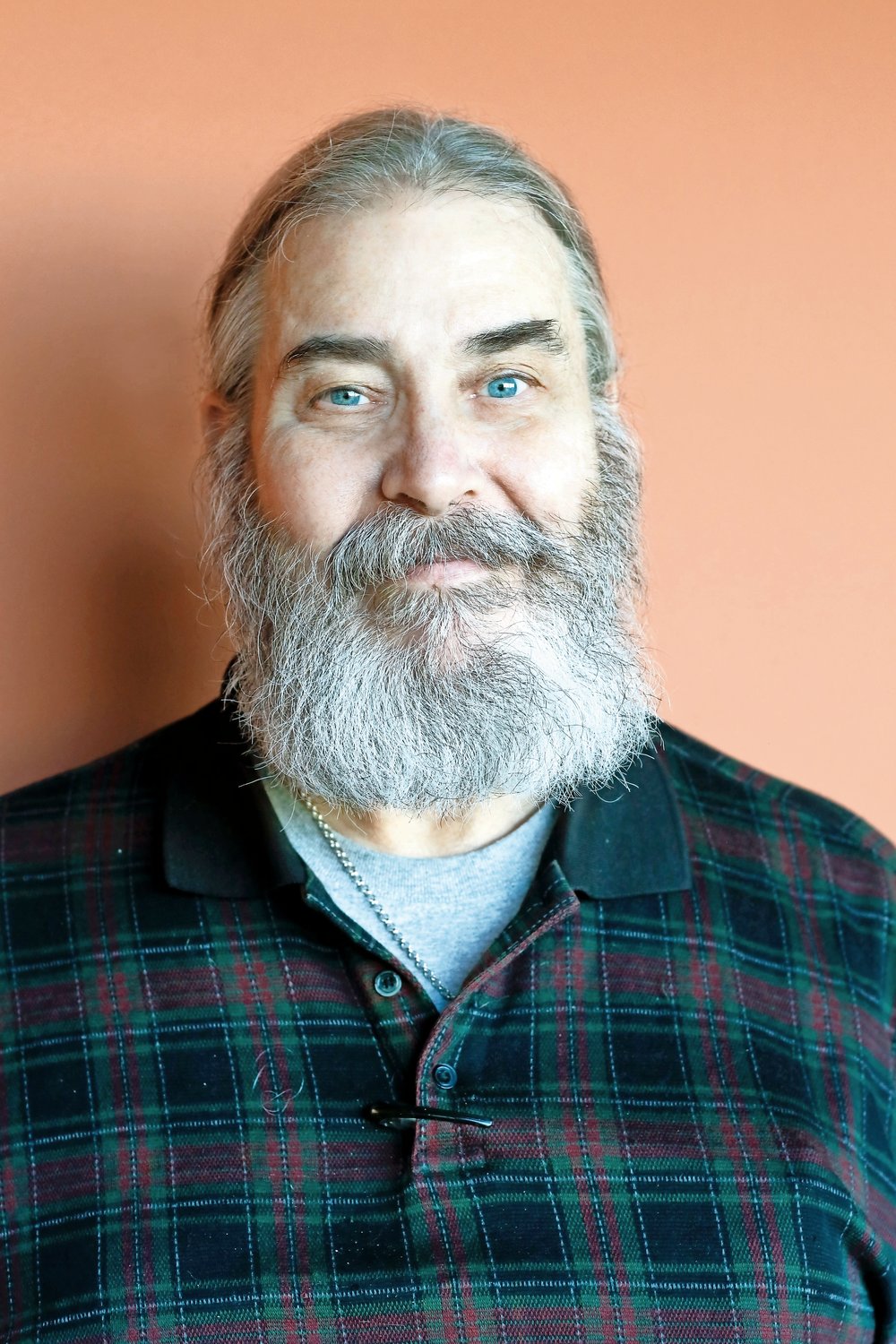1969: watershed in a decade of change
By now, nearly every publication has written about the iconic moments in the summer of 1969 when humankind seemed to take a collective breath and move forward: Neil Armstrong’s step onto the surface of the moon, the lunar module reflected in his helmet’s bronze visor; and the aerial view of hundreds of thousands of young people gathered in a meadow in upstate New York for the Woodstock music festival.
Watching clips of the two events, I’ve been struck by the way each embodied a different perspective on American society. The moon landing was a triumph of post-war U.S. dominance in science, technology and, yes, military power. At the same time, although the awe the landing engendered was nearly universal, Woodstock could be seen as a mostly good-natured thumbing of the nose at the “straight” society the space missions represented.
Woodstock is mainly remembered as an exuberant, harmless music festival peopled by long-haired, pot-smoking hippies. But the artists who performed there and the audience that came to hear them were united in their condemnation of the war in Vietnam, then at its height, and in a desire for greater social freedoms. Performer after performer, from Janis Joplin to Joan Baez to Country Joe McDonald, urged the crowds to sing out their opposition to the war and their longing for change — and sing they did.
Memory conjures image after image of that fractious, inspiring time, like the quarter-million people gathered at the Lincoln Memorial in the summer of 1963 to hear the Rev. Dr. Martin Luther King Jr. share his famous dream; or its counterpart, of police dogs and fire hoses scattering marchers in Selma, Ala., in 1965, as they tried to cross the Edmund Pettus Bridge in support of voting rights.
More images: of Soviet cargo ships transporting missile components to Cuba in October 1962, when the two superpowers came within days, or perhaps hours, of nuclear annihilation; or the Buddhist monk Thich Quang Duc turning himself into a human torch of protest on a Saigon street corner in 1963. And, of course, the horrific images of a wave of political murders, from Ngo-Dinh Diem, in South Vietnam; to President John F. Kennedy, in Dallas; to Dr. King, on a Memphis motel balcony; to Kennedy’s younger brother Robert, lying on the floor of a Los Angeles hotel kitchen. It was a decade of agonizing funerals.
What I remember best from that time — and what seems missing from the millennial generation — was a feeling of hope, of optimism that was more than the simple high spirits of youth. Symbolized by both the moon landing and Woodstock, it was a pervasive feeling of the possible, that society could achieve nearly anything if we would but try.
The summer of 1969 felt like a fulcrum, even as we were living it: a moment when the balance tipped definitively in the direction of change. At the time, we assumed that change would be permanent and positive, and some of what was fought for and attained during those years seems to have become part of our society’s DNA. But the new conservatism that began with Barry Goldwater’s presidential run in 1964 seemed to take hold four years later with the election of Richard Nixon, a conservatism that continues to strip away at the freedoms won during and since the 1960s.
Even the modest American dream, embodied in President Franklin Roosevelt’s 1945 Economic Bill of Rights and born of the Great Depression and two world wars, of a “useful and remunerative job,” adequate health care and a secure old age has given way to what today feels like the Lotto-winner version of that dream and a greedy self-centeredness that has again made us fearful of outsiders and precluded even such simple improvements as regular cost-of-living increases to the minimum wage. The current federal rate of $7.25 is less than half what I earned as a 12-year-old in 1964, in real terms.
Change is inevitable, of course. But it’s hard not to wish for less of our current polarization in government and society and more of the ’60s activists and activism, as we tap our feet and recall that wonderful season of optimism. Far out!
Timothy Denton is the senior editor of the Seaford and Wantagh Heralds. Comments about this column? TDenton@liherald.com.

 52.0°,
Overcast
52.0°,
Overcast 




